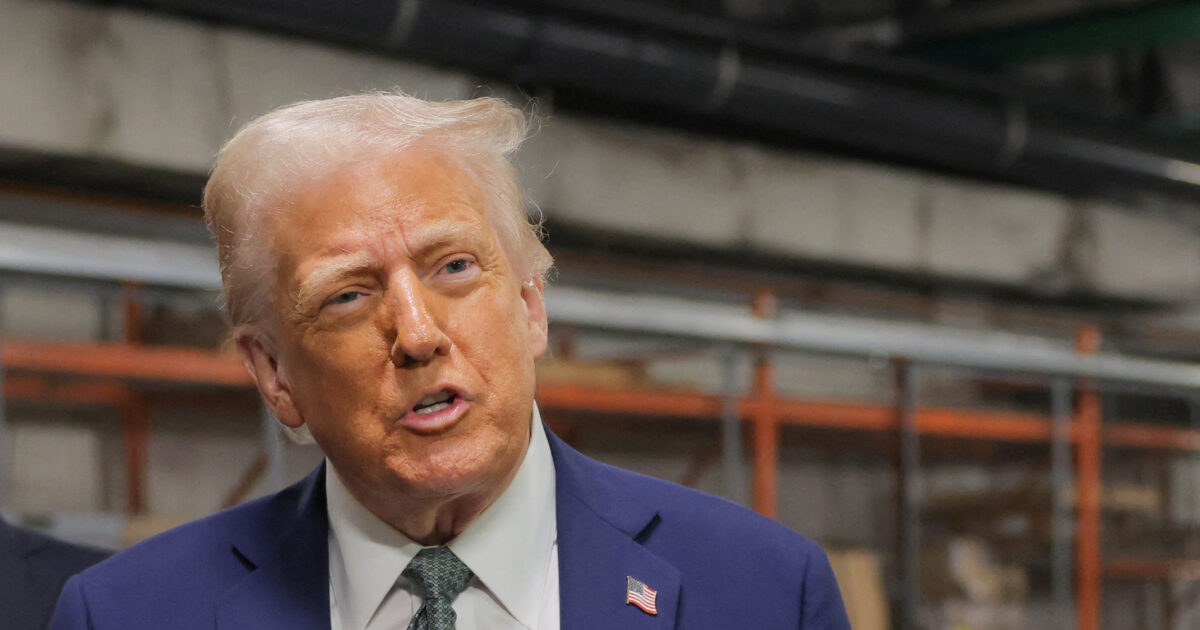US President Donald Trump described “Liberation Day” on Wednesday, April 2, where his government will announce the so -called reciprocal or reciprocal duties against third parties.
For the eurozone countries, however, and especially the most extroverted, such as Germany, these measures that have been recovered from the “timepiece of history” will only do harm at a time when its economy is trying to recover from the stagnation of last two years. And markets, however, are all other than liberals consider Trump’s duties, as the stock and dollar retreat from mid -February.
Indeed, it is indicative that Wall Street recovered last Monday (24.3.2025), after reports that the reciprocal duties would be more targeted than expected to dive back on Wednesday (26.3.2025), when the US president announced 25%.
The European Commission is awaiting announcements from Washington to respond by imposing duties on imports of US products. Brussels has already responded to the imposition of a 25% duty on steel and aluminum imports in the US (from all countries) earlier a month and is already considering the countermeasures it will receive for cars, which will hit one of the strongest sectors of European industry.
The crucial size for Brussels, however, will be the duties announced by the US on Wednesday, who, in view of EU officials, will be implemented horizontally in all its member states with a single rate.
The uncertainty about the amount of US reciprocal duties is high, with estimates moving from an increase in the average tariff rate of 5 to 10 percentage points. Trump himself said last week that the duties would eventually be lower than expected, which remains to be seen. The EU will, in any case, know how to burden its products and respond proportionally.
Theoretically, reciprocal duties should aim for a correspondence between US duties on imports from third countries and the duties they impose on US products. This correspondence, in the view of Europeans expressed in Washington by Commissioner Maros Sefsovic, exists and therefore the US aggressive movement is not justified.
However, US Finance Minister Scott Bessed has said that the calculation of the reciprocal duties will take into account other trade barriers, such as tax companies or the way VAT enforcement, complicating the relevant calculations.
According to Gary Con Kon, former CEO of Goldman Sachs and Trump’s key financial adviser during his first presidency, Washington’s measures will cause new shock to the markets because they will be tightened at a high level to form a trading basis.
In his attempt to discuss with his US counterparts on a way out of the offensive duty policy, from which everyone is finally damaged, the progress that was very small was very small, perhaps because their goal is to start the discussion from their own basis.
The focus of Trump’s policy on duties exacerbates concern among consumers and businesses in the US. Americans’ inflationary expectations for the next 12 months increased to more than 6% and their economy confidence has fallen to a low level of four years, raising concerns about reducing consumer spending that would slow down the growth.
Following the OECD and large banks that reviewed their forecasts for growth in the US, Moody’s ratings, who had revised the prospects for the USA (AAA) in 2023, can warn the US government that can be more likely to warn.
